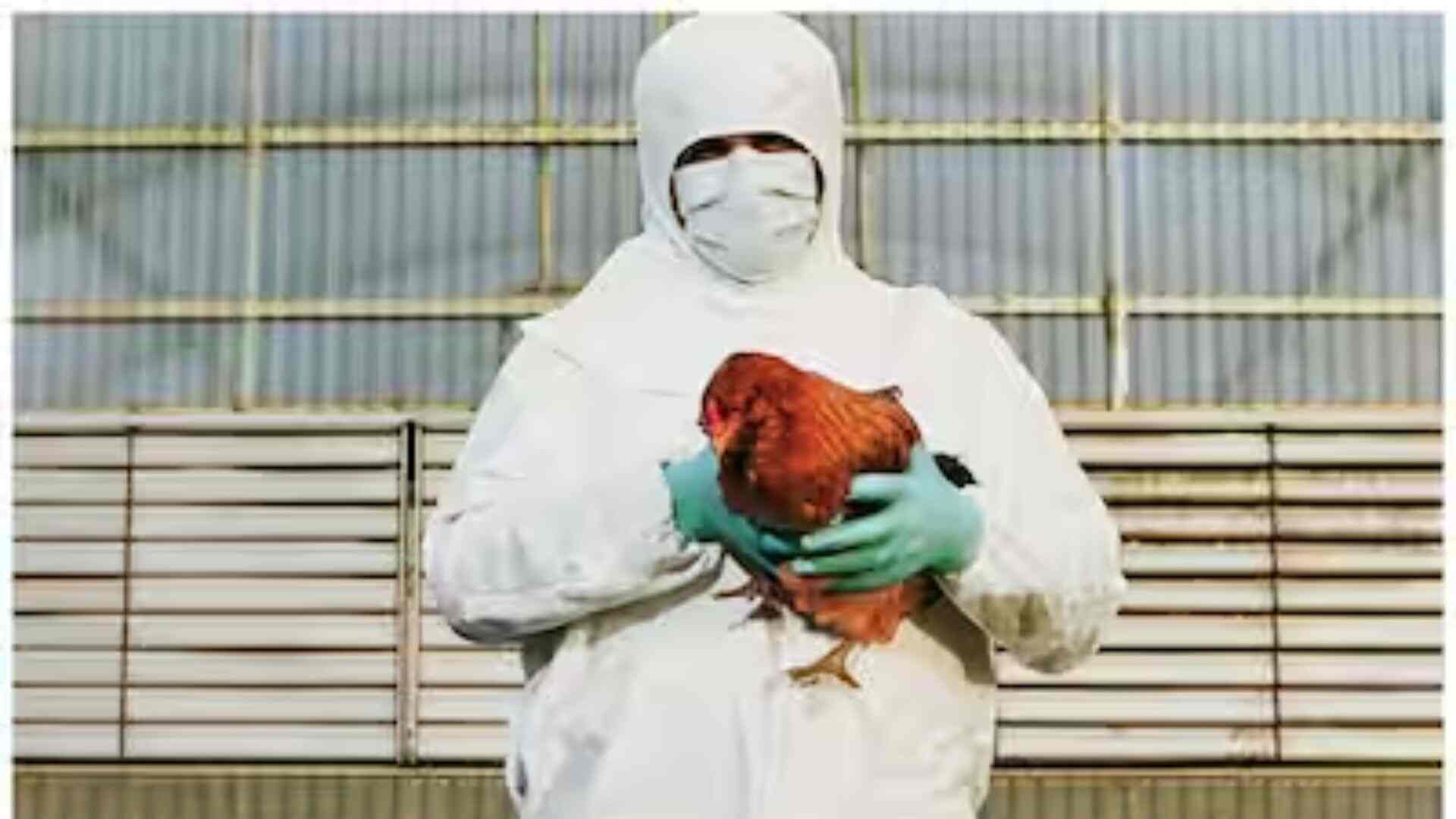ABC News reported that a second individual in the United States has been infected with bird flu, according to health officials. The Michigan Department of Health and Human Services (MDHHS) confirmed that a Michigan farmworker, regularly exposed to livestock with avian influenza, has contracted the virus.
The Centers for Disease Control and Prevention (CDC) stated that the dairy worker from Michigan was under observation due to their contact with H5N1-infected cattle and reported symptoms to local health authorities. In a press release, the CDC mentioned, “Two specimens were collected from the patient. An upper respiratory tract specimen collected from the worker’s nose was negative for influenza virus at the state health department laboratory. The eye specimen was sent to CDC for testing because it is one of a few labs where those specimens can be used with the CDC A(H5) test. The specimen was received by CDC and testing results confirmed A(H5) virus infection.”
The CDC also clarified, “The nasal specimen was retested at CDC and confirmed to be negative for influenza. The state was then notified of the results. The designation of the influenza virus neuraminidase (the N in the subtype) is pending genetic sequencing at CDC. Attempts to sequence the virus in the clinical specimen are underway and will be made available within 1-2 days if successful.”
The MDHHS reported that the farmworker has recovered, and no further identifying information will be disclosed. In April, the first human case of bird flu in the US was identified in Texas, also linked to cattle. The infected individual worked directly with sick cattle and experienced only eye redness as a symptom. Including the Michigan case, there have been only three reported bird flu cases in the US. Both MDHHS and the CDC emphasized that the risk to the general population remains low.
Dr. Natasha Bagdasarian, chief medical executive at MDHHS, stated, “Michigan has led a swift public health response, and we have been tracking this situation closely since influenza A (H5N1) was detected in poultry and dairy herds in Michigan.” She added, “Farmworkers who have been exposed to impacted animals have been asked to report even mild symptoms, and testing for the virus has been made available,” as per the ABC News report.
According to the statement, the current health risk to people is low. The statement further reads, “This virus is being closely monitored, and we have not seen signs of sustained human-to-human transmission at this point. This is exactly how public health is meant to work, in early detection and monitoring of new and emerging illnesses.”
MDHHS is collaborating with the Michigan Department of Agriculture and Rural Development (MDARD) to monitor the health of individuals exposed to infected animals and to oversee affected poultry. Earlier in March, the US Department of Agriculture (USDA) reported that a bird flu strain had sickened millions of birds across the country and had been detected in several mammals this year. By then, three states had reported cases of bird flu in mammals in 2024, including striped skunks in Washington state, a mountain lion in Montana, and a raccoon in Kentucky.
A few weeks later, federal and state public health officials announced an investigation into an illness affecting older dairy cows in Kansas, New Mexico, and Texas, which caused symptoms like decreased lactation and low appetite. The USDA stated, “there is no concern about the safety of the commercial milk supply or that this circumstance poses a risk to consumer health.” Despite some dairy cows being infected, resulting in milk samples containing inactive virus remnants, health officials assured the milk supply is safe.
Meanwhile, MDHHS recommended that poultry and dairy farm workers get seasonal flu vaccinations. The press release stated, “It will not prevent infection with avian influenza viruses, but it can reduce the risk of coinfection with avian and flu viruses,” ABC News reported. CDC Principal Deputy Director Nirav D Shah emphasized the need for avian influenza surveillance systems in the US to continue operating at heightened levels during the summer and to increase the number of positive influenza A virus samples submitted to ensure even rare cases are detected. Shah made these remarks during a meeting with public health partners on Tuesday.























